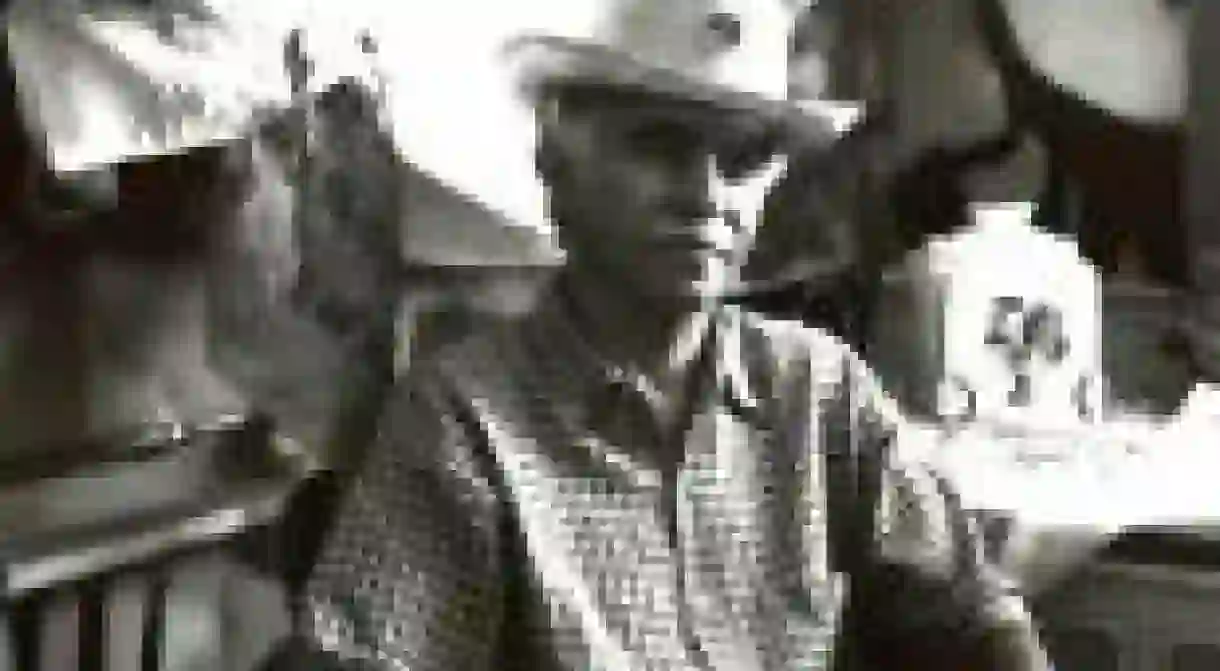Rudolfo Anaya: Father of Chicano Literature

The Mexican-American author Rudolfo Anaya never finished business school, but that did not prevent him from achieving a highly successful literary career. Lindsay Parnell explains why Anaya is considered the founder of contemporary Chicano literature.

Rudolfo Anaya was born in Pastura, New Mexico into a family of sheep herding farmers. His academic success encouraged him to enroll at business school, but after two years Anaya was transferred to the University of New Mexico where he completed a degree in English. While teaching at a public school, Anaya spent seven years working on his debut novel Bless Me, Ultima – which earned him the prestigious Quinto Sol Literary Award. Published in 1972 to high critical acclaim, the bildungsroman relates the relationship between the young Antonio “Tony” Marez and his curandera Ultima, an aging midwife who was present at his birth. Set in post WWII New Mexico, Bless Me, Ultima features narration both in Spanish and in English. This, combined with mystical depictions of the New Mexican landscape and references to Mexican motifs such as La Llorona, reveals the extent of the indigenous cultural influence in the American South West.

Tony’s coming-of-age transformation follows from the wisdom Ultima passes down to him and his own spiritual revelations. The novel is rooted in the traditional storytelling style developed within the Chicano community. In his book, Anaya entertains and emotionally connects readers to the protagonists while exploring the political and the spiritual as dueling forces. He also challenges the oppressive binary system that defines, and ultimately restricts american multiculturalism: good vs. evil, Church vs. State, life vs. death, and reason vs. faith. In addition, the author’s informed and poignant reflections on colonization and dogma lead readers through their own search of cultural identity, much like that of the young protagonist.
Bless Me, Ultima is the first part of Anaya’s trilogy: Heart of Altzan was published in 1976, quickly followed by Tortuga in 1979. Through his poetry, plays, essays and widely anthologized and reprinted prose, Anaya’s legacy reflects the exuberant and rich storytelling style that has defined Chicano literature in the last two centuries.













